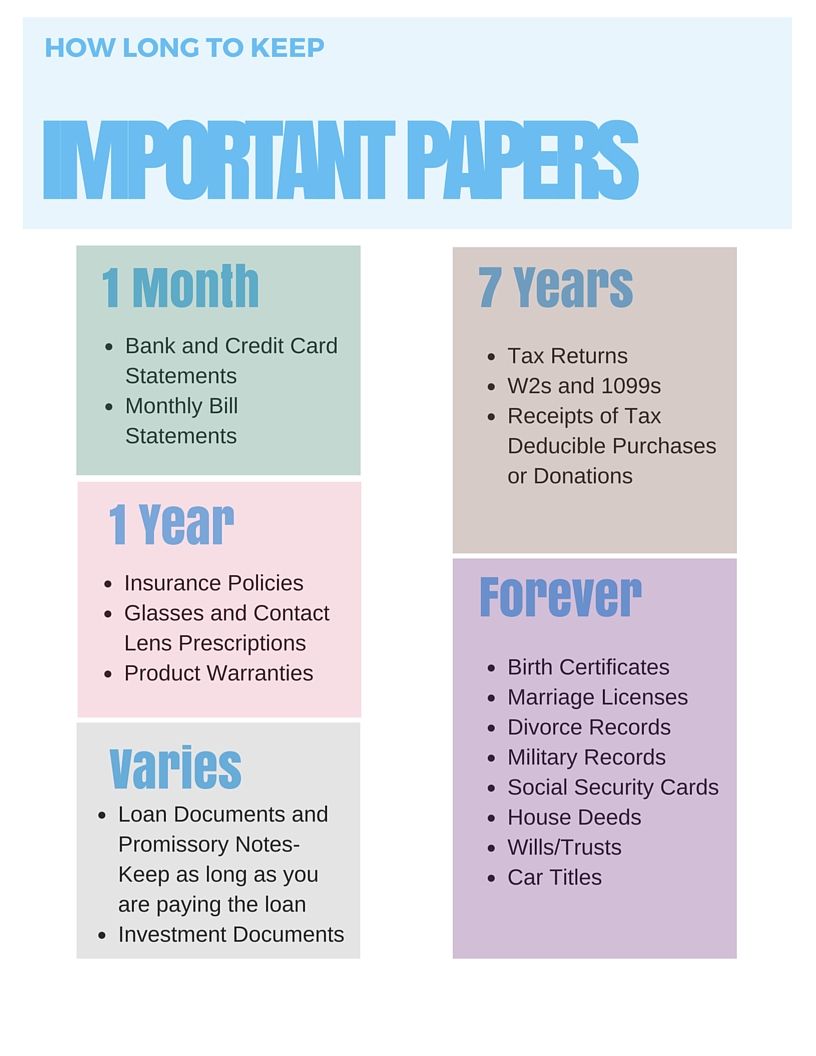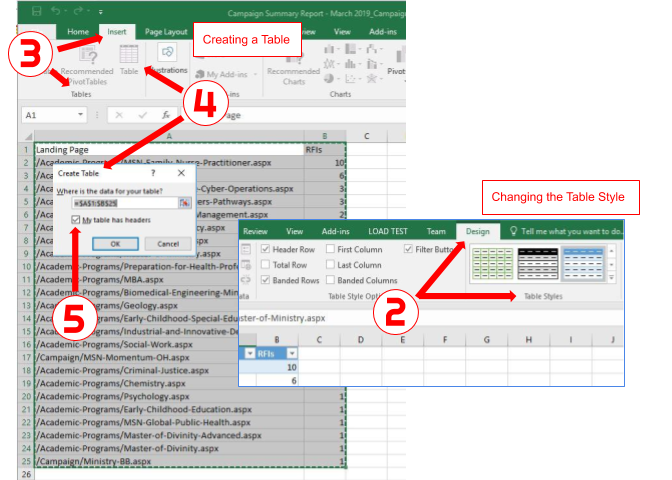How Long to Keep Paperwork After Selling Your House?

When it comes to selling your home, one of the important steps that often gets overlooked is handling the paperwork. Knowing how long to keep these documents after the sale can save you from headaches in the future, protect you during tax season, or provide essential information if any property disputes arise. Let's explore why document retention is key and the recommended duration for various categories of documents related to your home sale.
Understanding the Importance of Document Retention

Selling your house involves a plethora of documents. Here’s why it’s crucial to keep them:
- Tax Purposes - Certain documents help in filing taxes accurately, especially when claiming capital gains exclusions or home sale expenses.
- Future Property Transactions - If you plan to purchase another home or might need to verify property history, having records at hand is invaluable.
- Dispute Resolution - Documented proof can serve as evidence if there’s a dispute over property boundaries, condition, or any legal issues arising post-sale.
How Long Should You Keep Sale Documents?

Here’s a breakdown of the documents you should consider retaining and for how long:
Tax-Related Documents

- Home Sale Settlement Statement - This is your main record of the transaction. Keep it for at least 3 years after filing taxes related to the sale, or indefinitely if it’s a significant part of your financial history.
- Tax Basis Records - Documents like receipts of improvements or mortgage interest statements should be kept for at least 3 years from when you last used them for a deduction. However, retaining them indefinitely might be advisable for future tax calculations.
Legal Documents

- Deeds and Titles - Even after selling, keep these indefinitely. They can be crucial for proving property history.
- Closing Documents - These include disclosures, inspection reports, and warranties. Retain them for at least 6 years, or consider keeping them indefinitely for your records.
📝 Note: Certain documents may have legal requirements for retention periods set by your jurisdiction. Always check with local laws.
Financial Documents

- Mortgage Payoff Statement - Retain this for at least 7 years to prove the mortgage was fully paid off.
- Home Equity Line of Credit Statements - Keep these for 3 years after the sale, in case of any discrepancies or audits.
Insurance Documents

- Homeowners Insurance Policies - Even after selling, you might need these to resolve claims or for tax purposes. Keep them for a minimum of 3 years post-sale.
Physical vs. Digital Storage

In today’s digital age, many homeowners are shifting from physical copies to digital storage. Here’s how to handle both:
- Physical Storage - Use fireproof or waterproof boxes for hard copies. Label clearly for ease of retrieval.
- Digital Storage - Scan documents into digital formats and store them securely online or on external hard drives. Consider cloud storage with backups for added security.
When transitioning to digital storage, ensure:
- Documents are scanned at high quality to be legible.
- Create an index or labeling system for easy access.
- Use encryption or password protection for sensitive information.
Wrapping Up

Ensuring you keep the right documents for the appropriate duration after selling your house can provide peace of mind and financial protection. Retain documents related to taxes for at least 3 years, legal papers indefinitely, and financial records for 7 years. Opting for a combination of physical and digital storage can give you the best of both worlds, ensuring accessibility and security. Remember, although general guidelines exist, checking with your local laws and a tax advisor will provide the most accurate advice tailored to your situation.
Why should I keep my home sale documents if I’ve already sold the property?

+
These documents are crucial for tax filings, proving property history, and resolving potential legal or financial disputes that might arise post-sale.
Is it necessary to keep physical copies if I have digital versions?

+
While digital storage is increasingly common, some documents might still need physical copies due to legal requirements or for tax audits. Always ensure both digital and physical are kept securely.
What if I lose important documents after the sale?

+
In case of lost documents, you might retrieve some from your real estate agent, bank, or title company. For irreplaceable documents, like original deeds, you might need to contact county records or apply for duplicates through legal channels.



